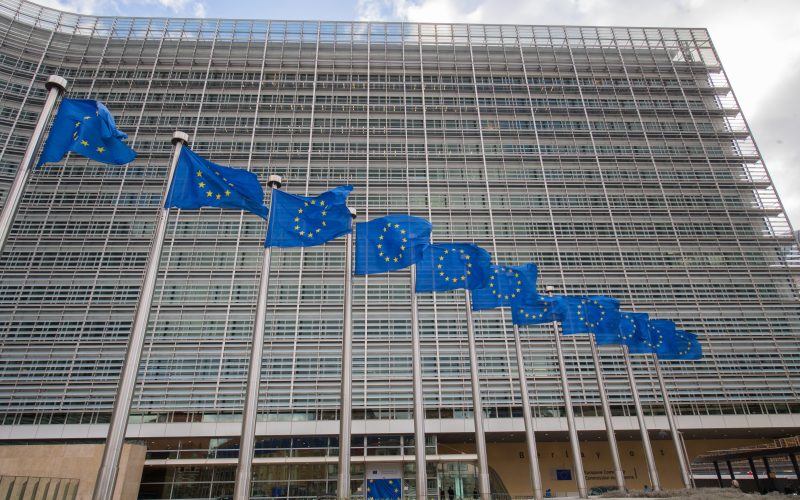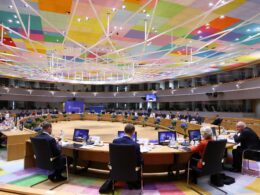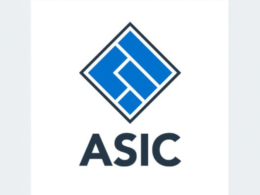France is calling on the European Union to postpone key sustainability regulations, including the Corporate Sustainability Due Diligence Directive (CSDDD) and the Corporate Sustainability Reporting Directive (CSRD), arguing they impose excessive burdens on businesses.
In a government document dated 20 January, France proposed an indefinite delay for the CSDDD and a two-year postponement for the CSRD. The CSDDD, a landmark directive requiring large companies to address environmental and human rights risks across their supply chains, and the CSRD, which mandates detailed sustainability reporting, have faced criticism from businesses and government leaders alike.
The French government has argued that the scope of these directives is too broad. In the document, it suggested that the CSDDD should apply only to companies with over 5,000 employees and annual revenues exceeding €1.5 billion.
French Economy Minister Eric Lombard said the regulations risk “complicating the daily lives of businesses and slowing their growth.” He called for simplifications and argued for a delay to the due diligence directive until it is “significantly improved.”
French President Emmanuel Macron echoed these concerns earlier this month, calling for a “massive regulatory break” to support innovation and economic growth in the EU.
France is not alone in its criticism. Germany, in a 17 December letter to European Commission President Ursula von der Leyen, called for a two-year delay to the CSRD and a significant reduction in its scope. Business lobby groups in Germany and across the EU argue that European companies should not face stricter standards than their international competitors.
Von der Leyen, speaking at the World Economic Forum in Davos, acknowledged the need to reduce regulatory burdens, stating, “Too many firms are holding back investment in Europe because of unnecessary red tape.” She pledged a “far-reaching simplification” of EU rules, including the due diligence and sustainability reporting directives.
The call for delays has drawn sharp criticism from non-governmental organisations (NGOs) and EU lawmakers. A coalition of nine aid and environmental groups, including Oxfam France, denounced the proposal as “irresponsible,” warning it could derail critical legislation needed to address climate and social challenges.
“This French position is simply incompatible with European climate objectives,” the coalition said in a joint statement.
EU lawmakers expressed similar concerns. Manon Aubry, a leader of The Left group, accused France of undermining globalisation rules designed to promote accountability and sustainability. Pascal Canfin of the centrist Renew group advocated simplifying the regulations but rejected delays.
The European Commission is set to unveil a review of these directives, known as the “omnibus,” on 26 February. This review may address some of the concerns raised by France, Germany, and other EU member states.
The outcome of this debate will have significant implications for the EU’s climate and environmental objectives, as well as its global competitiveness.





















